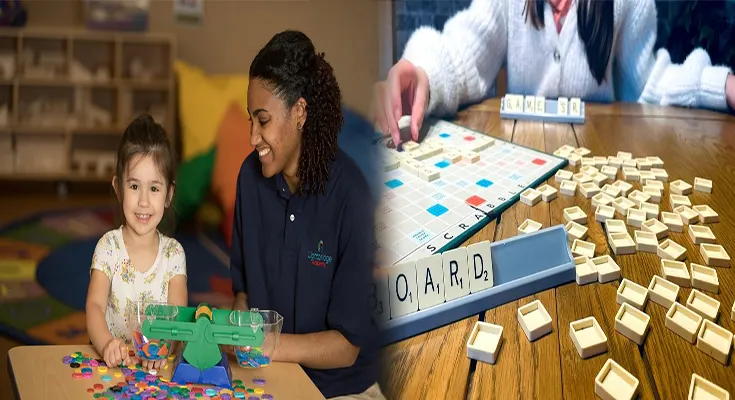Educational Board Games for Kids to Improve Problem-Solving Skills
Board games have long been a staple in family entertainment, but they also offer educational benefits for kids, particularly in the development of problem-solving skills. These games challenge children to think critically, make strategic decisions, and solve problems within the constraints of the game’s rules. As a result, kids can enhance their cognitive abilities and logical reasoning while having fun. Here are some of the best educational board games for kids to improve problem-solving skills:
1. Settlers of Catan
Description: Settlers of Catan is a popular strategy game that involves resource management, negotiation, and long-term planning. Players compete to build settlements and cities on an island while trading resources and fending off opponents.
How it Helps: Settlers of Catan enhances problem-solving skills by requiring players to make strategic decisions about resource allocation, expansion, and interaction with other players. Through negotiation and resource management, kids learn to assess risks and make calculated moves.
2. Ticket to Ride
Description: Ticket to Ride is a board game that involves building railway routes across various destinations on a map. Players must strategically plan their routes, collect the right train cards, and anticipate opponents’ moves to complete their journeys.
How it Helps: Ticket to Ride … READ MORE ...














